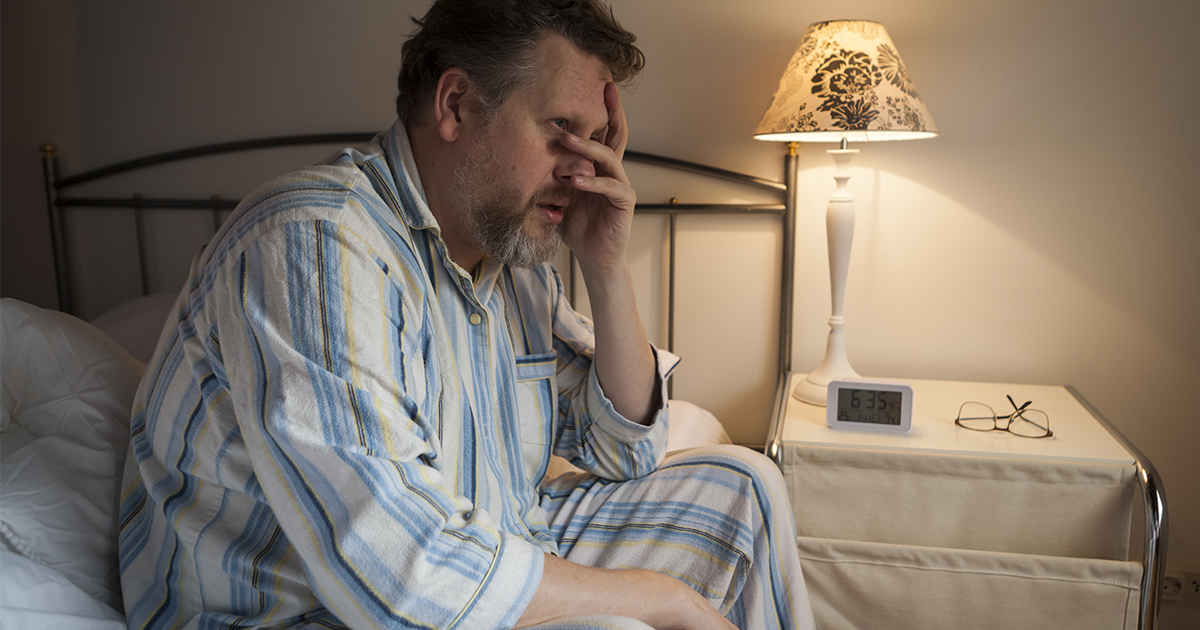Unmasking night urination: Is Excessive Fluid Intake or Serious Illness to Blame

Frequent night urination can disrupt sleep and make us tired the next day. Is that a result of excessive water intake or a precursor to serious illness? Let’s look closer at the common causes of frequent night urination and the possible solutions.
Why would we wake up in the middle of the night?
Our bodies produce a hormone called antidiuretic hormone (ADH), which signals the kidneys on how much water to retain to maintain a proper fluid balance in the blood. ADH levels will increase when we sleep, preventing us from waking up to urinate and allowing most of us to sleep for a full 6-8 hours without needing to use the bathroom. However, if ADH levels are not high enough, it can lead to interrupted sleep ad urges to urinate. Waking up once during the night can be considered normal, but if it happens more than once, it is advisable to talk to healthcare providers.
Common causes
- Excessive fluid intake – Consuming too many beverages before bedtime, especially those containing alcohol and caffeine, can cause frequent night urination
- High salt intake – Excess salt can cause fluid retention. Since there is more fluid retained in the systems, it will stimulate the kidneys to produce more urine to eliminate the excess salt and water
- Health problems – Certain health conditions, such as high blood pressure, high blood sugar, kidney/heart/liver problems, and prostate issues, are known to increase nighttime urination frequency. Factors such as age, medication, sleep disorders, and weakened pelvic floor muscles can also contribute to increased urination frequency
Solutions:
Some small changes can help alleviate nighttime urination:
- Reduce fluid intake in the evening, especially beverages containing alcohol and caffeine
- Reduce salt intake
- Maintain a healthy weight
- Pelvic floor muscle training
The relationship between frequent nighttime urination and kidneys
We can see that frequent nighttime urination is not solely related to kidney health. However, in traditional Japanese therapy, it can be caused by a weakened constitution, where the kidney system or energy is deficient, causing a weakening fluid balance. If the symptoms are mild, try DTS to nourish the kidney and liver systems and regulate the constitution. Improving kidney health can help restore fluid balance. DTS is made from natural ingredients and has no side effects, making it suitable for daily health maintenance. But bear in mind many causes can lead to frequent nighttime urination. If there are concerns, consult healthcare providers to get a proper diagnosis.
- * All research and clinical data should be used as reference purposes only, results may vary.




